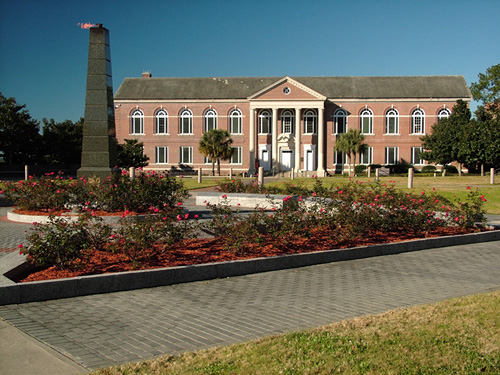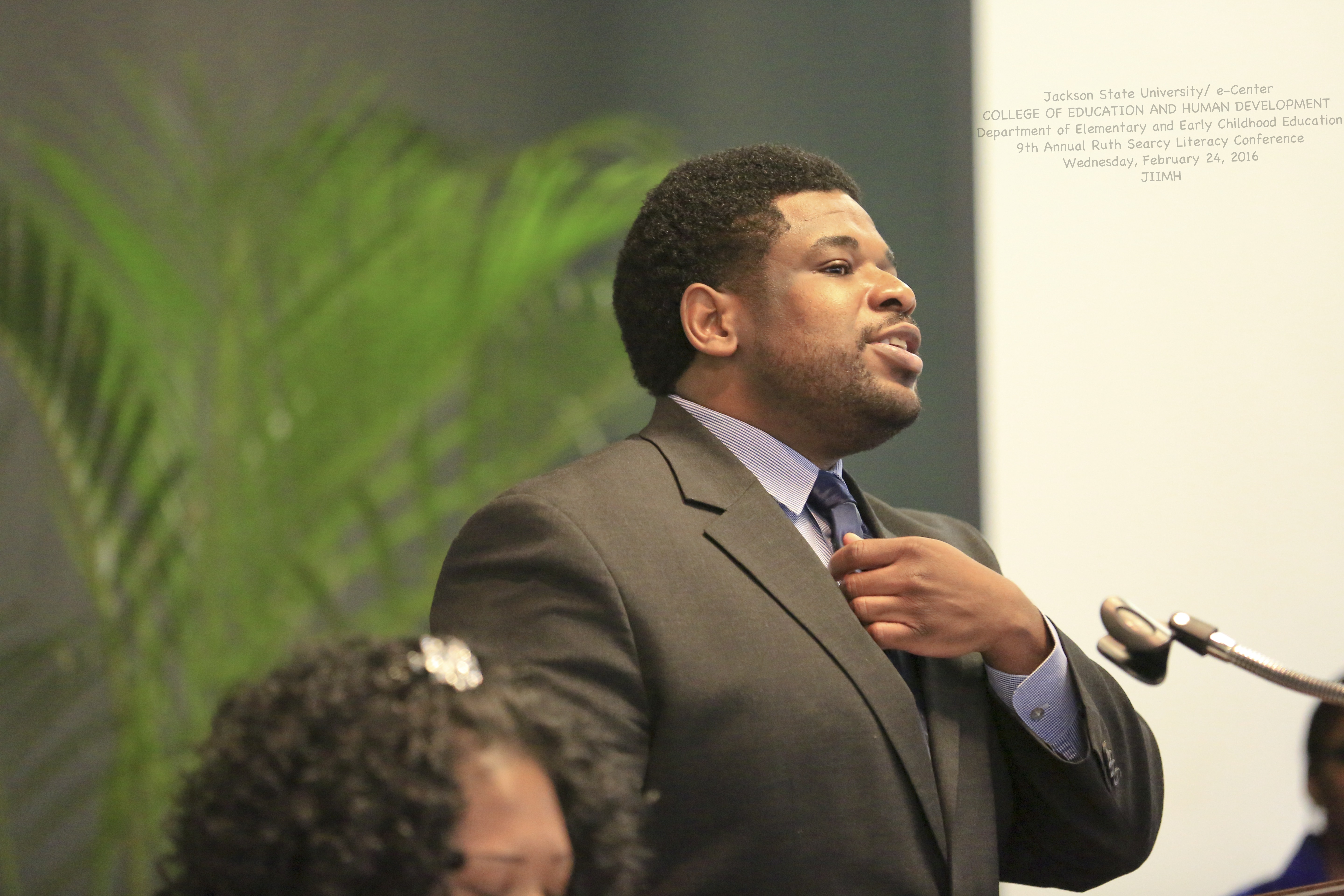6 Biggest Higher Education Losses of 2015

All in all, 2015 was a good year for higher education. We experienced some great wins, but we also experienced some big losses. Let’s look back at just a few of these failures.
Over 500 colleges placed on government watch list. The U.S. Department of Education released a list of 556 colleges and universities that are on a federal financial “watch list” of sorts. The Wall Street Journal reported that the Department of Education will have “increased financial oversight” into what these institutions of higher education do with the money they receive from federal student aid.
On the list are a mixture of for-profit, public, and Bible schools that were flagged because of accreditation, liabilities, and late financial statements. Nearly half of the institutions listed are for-profit schools and include the Art Institutes, Everest University, and Le Cordon Bleu. Many of the schools were already on this oversight list, but those names had not been publicly released until this week.
The release comes after Inside Higher Ed filed a Freedom of Information Act request to gain access to the federal information.
I’ve long been vocal about the need to have stronger transparency when it comes to the finances of colleges and universities, at least our public ones. We put so much accountability on the shoulders of our P-12 schools and then, when it comes to college, there has traditionally been an “anything goes” approach that has unfortunately led to some predatory practices. If we really want our college students to succeed academically, and in the economy after that, we need to hold colleges and universities to high standards of accountability too. That starts with finance and extends to other areas, like job placement and graduation rate.
Graduates with high debt face long-term health issues. According to a 2015 study via Gallup.com, college graduates “who took on the highest amounts of student debt, $50,000 or more, are less likely than their fellow graduates who did not borrow for college to be thriving in four of five elements of well-being: purpose, financial, community, and physical.” In short, debt may cause negative health issues.
The survey has an area of 25 years as Gallup only polled individuals who graduated college between 1990 and 2014. What the study found is that graduates who are burdened with $50,000 or more in student loan debt may struggle to repay their loans, which in turn has causes them to delay making large purchases, e.g., buying a new home.
Those saddled with debt are unable to save as much as their counterparts who do not have as much debt or any at all, and Gallup’s “thriving gap”—percentage of those with $50,000 in debt less the percentage of students without it—shows an 11 point percentage spread between the two parties.
The study also found that more recent college graduates seem to be performing worse than those who graduated prior to 2000. Those who obtained a college degree between the years of 1990–1999 are doing better socially, physically, and purposefully.
What this inquiry portends is that the government and colleges and universities will have to seriously tackle the issue of rising tuition costs as well as student loan debt. Because student loan debt now outweighs credit card debt and has surpassed $1 trillion, America has a full-blown fiscal crisis on its hands. With wage growth still stagnant, and many individuals going without full employment, this crisis will likely get worse. That will mean more health issues and many graduates with void savings accounts as well.
The wealth gap in higher education is growing. According to a report by Moody’s Investor Service, American colleges and universities are developing a wealth gap problem.
“One third of all assets held by colleges and universities” is with the country’s 10 wealthiest universities. A few on the list include Harvard, UT, Stanford, Yale, MIT, and Duke. Of the top ten, three are public universities. The rest are private.
Harvard, perhaps the nation’s most prestigious university, is also the country’s richest. In terms of wealth, Harvard is stout with $42.8 billion. That’s almost $10 billion more than the University of Texas, which comes in second. The report also stated that the country’s richest schools “capture the bulk of charitable gifts flowing to higher education,” to the tune of 60 percent.
But one of the more interesting portions of the study lands with how many schools collect their revenue. The collection of tuition and student fees at the country’s top 20 private educational institutions has a median of 15 percent. That number jumps to 46 percent for public colleges.
Moody’s report concluded that, because of the recovering economy and stock market, university endowments for the country’s wealthiest schools have aided in their increased wealth.
This report almost modeled how certain collegiate sports are fashioned. As power is concentrated in just a few NCAA conferences that host big-name schools like Alabama, Ohio State, and USC in sports like football and basketball, many kids will forgo opportunities at smaller schools in an effort to compete at larger, more-competitive universities.
That example is a small sample size compared to the grand number of colleges and universities that many students have to choose from, but attracting the best and brightest to one’s campus is always easier when money flows as freely as spring water.
College affordability is out of reach. According to a Gallup-Lumina Foundation poll, many Americans feel that college is no longer affordable. Just 17 percent of white Americans polled believe that “education beyond high school is affordable to anyone in this country who needs it” and only 19 percent of black people polled believe the same. Hispanics are far more optimistic in their view of college affordability. By way of the Gallup poll, more than 50 percent of Hispanics polled responded that college is affordable to those who live in America.
Separated into three categories of white, black, and Hispanic, the gulf between Hispanics’ view of the cost of higher education compared to whites’ and blacks’ is staggering. That may mesh with how some view the outlook and direction of the country.
But this study also mentioned the rising cost of tuition and copious amount of debt that students are saddled with upon exiting college. According to Gallup, tuition at a “public four-year college has increased by more than 250% over the past three decades.” That’s likely why many students carry an average of $30,000 in student loan debt and why some in the federal government want to extinguish student loan debt when filing for bankruptcy.
This study was another in a long line that showed just how unaffordable higher education has become for some. With the rising cost of tuition and student fees, many students are being priced out of the ability to attain a college degree.
The cost is also turning off students who are afraid of amassing thousands of dollars in debt and ruining their financial future. If anything, this shows just how dire the situation has become and why the federal government needs to act on fixing the problem.
Sex crimes on college campuses have doubled since 2009. A report released by the U.S. Education Department found that reported cases of sexual assault and offenses on college campuses rose from 3,357 in 2009 to 6,073 in 2013. The numbers were part of a letter sent to Senator Barbara Boxer, D-Calif., that was released to the public this week.
While the numbers seem rather startling, officials in the Education Department say (in the letter) that the actual crimes have likely not risen; only awareness of them has. The push to encourage young people to speak up when they feel their sexual rights have been violated is gaining momentum across the country. Even the Obama administration has stepped up and encouraged colleges and universities to take stronger actions when cases of sexual assault are reported, threatening to investigate schools that do not take the proper steps.
Working on a college campus, I don’t believe for a second that it has gotten twice as dangerous for students since 2009 when it comes to sexual assault. I think these numbers are exactly what the Education Department hints at — a result of raised awareness. Victims are feeling more comfortable speaking up, and friends are more empowered to speak up when they see something happen that isn’t right.
Frankly, I would rather see numbers like this that indicate more young people are coming forward and feeling supported than to see a drop in numbers at this point. Until all colleges and universities have stringent sexual assault policies that they enforce, reports like this one are necessary to wake us from our slumber.
College students feel unprepared for the job market. In a startling survey conducted by the Higher Education Authority, a significant amount of international college students “feel they are not learning job skills” — which clearly is the point of spending tens of thousands on earning a college degree.
Nearly 28,000 students from Ireland participated in the survey, where they were asked questions geared towards their college experiences as well as future career outlook. While many of students who participated felt unprepared, the majority stated that they “felt they were gaining knowledge and skills that boosted their chances of getting a job.”
The study also revealed how students who major in certain disciplines feel about their job prospects post-graduation.
“In general, scores for ‘work integrated learning’ were lowest among students studying courses in the arts and humanities, which tend to be broader and may not include work placements.”
The study also found that students majoring in business administration and law, services, and “comm. techs” indexed higher scores when it came to career readiness. Each area seemingly has higher job placement than arts and humanities because the positions in those fields are far more static.
The Irish Times reported that “the survey was developed in response to a key aim of the national strategy for higher education to 2030,” which may be to incorporate more of what students want into curriculum.
When compared to students in the United States, the findings are the same. Back in 2010, a study prepared by the York College in Pennsylvania found the same evidence: students in America “seem to be ill prepared for the demands of the workplace.” This is supported by managers hiring students fresh out of college in America. According to Forbes.com, Harris Interactive found that “fewer than two in five managers believed college graduates were well-equipped for a job in their field of study.”
The study went on to find that many managers felt that new college graduates lacked clear writing skills, couldn’t conduct a meeting, and could not manage a project.
If anything, this collection of studies abroad and domestically show that a college degree may be tangible and lead to a job post-graduation, but skills learned in college may not help former students keep them.
What were the biggest failures for higher education in 2015? What did I miss?






